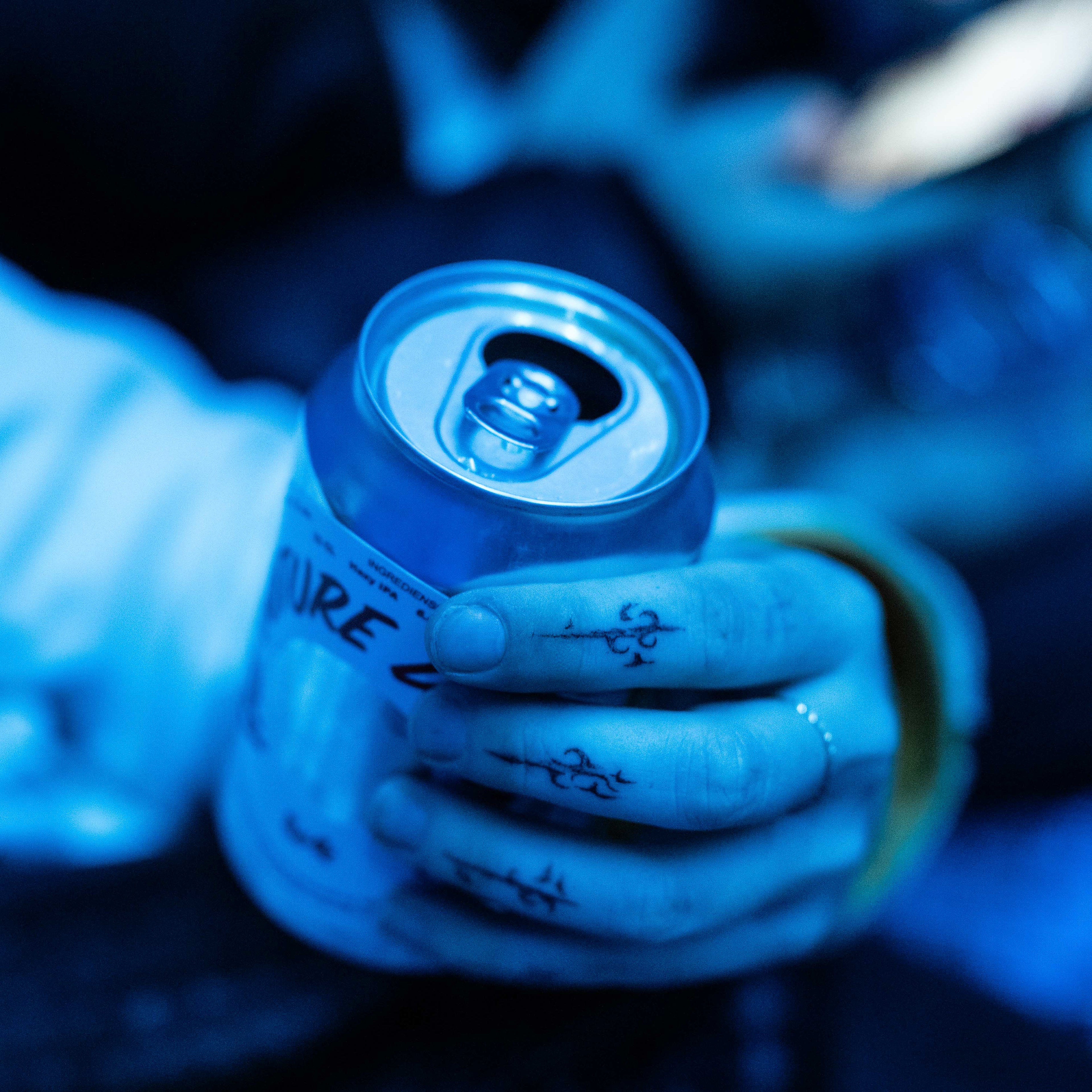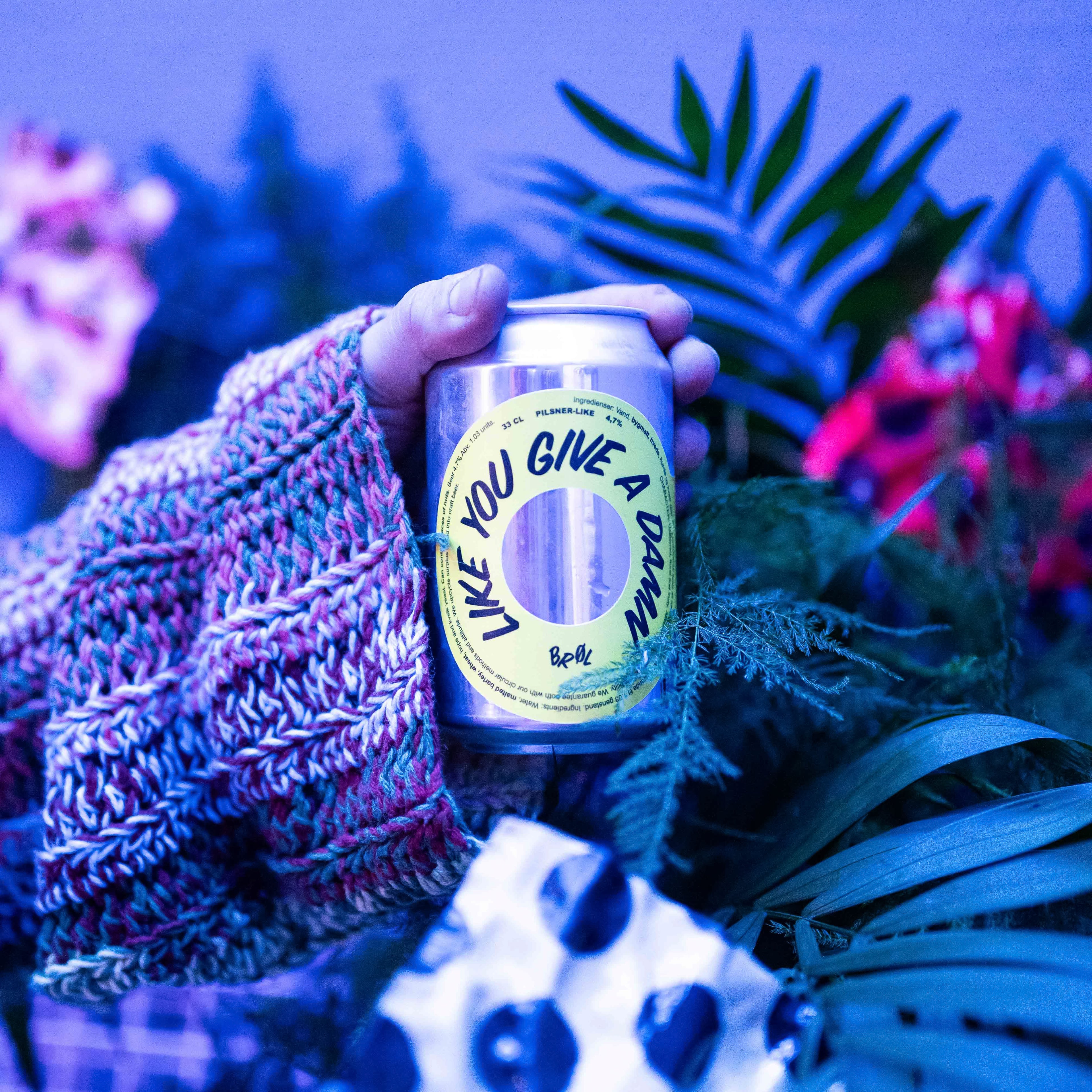THE COMMUNITY
Welcome to our JOURNAL! Here we unwrap our world of flavours, thoughtfulness and relationships through captivating tales, interviews and stories.
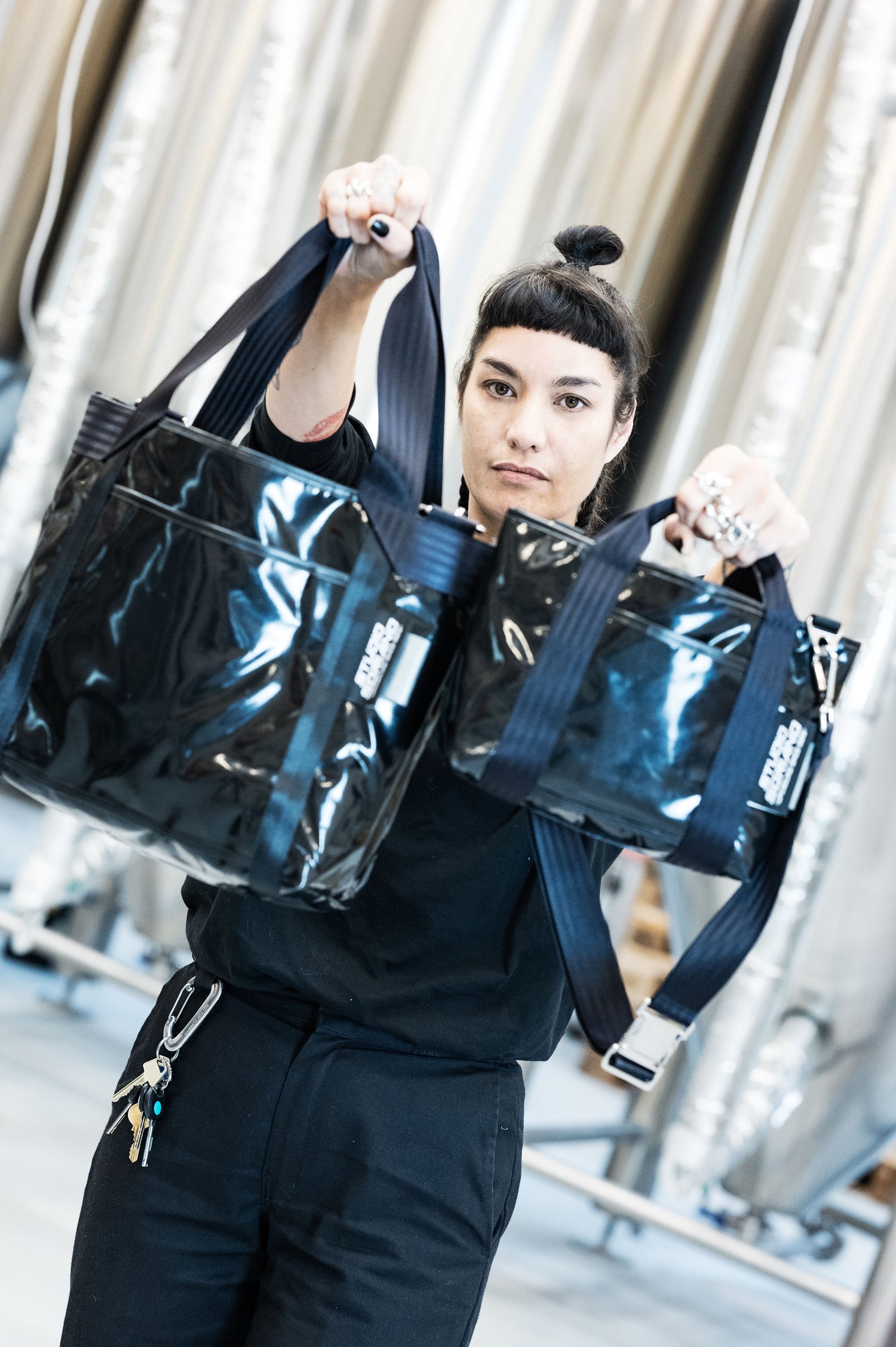
Melanie Founder of Studio Soriano
This week we welcomed Melanie and chatted about fashion industry, upcycling and more (in Danish).
Hvad eller hvem har inspireret dig til at starte Studio Soriano?
Jeg ved ikke, om der var nogen specifik person. Jeg tror de tøj og de produkter, man kunne få, der var upcyclede… der var noget ved æstetikken, som jeg ikke brød mig om. Jeg er meget sporty og har sit andet udtryk og jeg tror det var det, der var brændstoffet. Jeg vil gerne skabe produkter, som vil henvende sig til en ny kundegruppe.
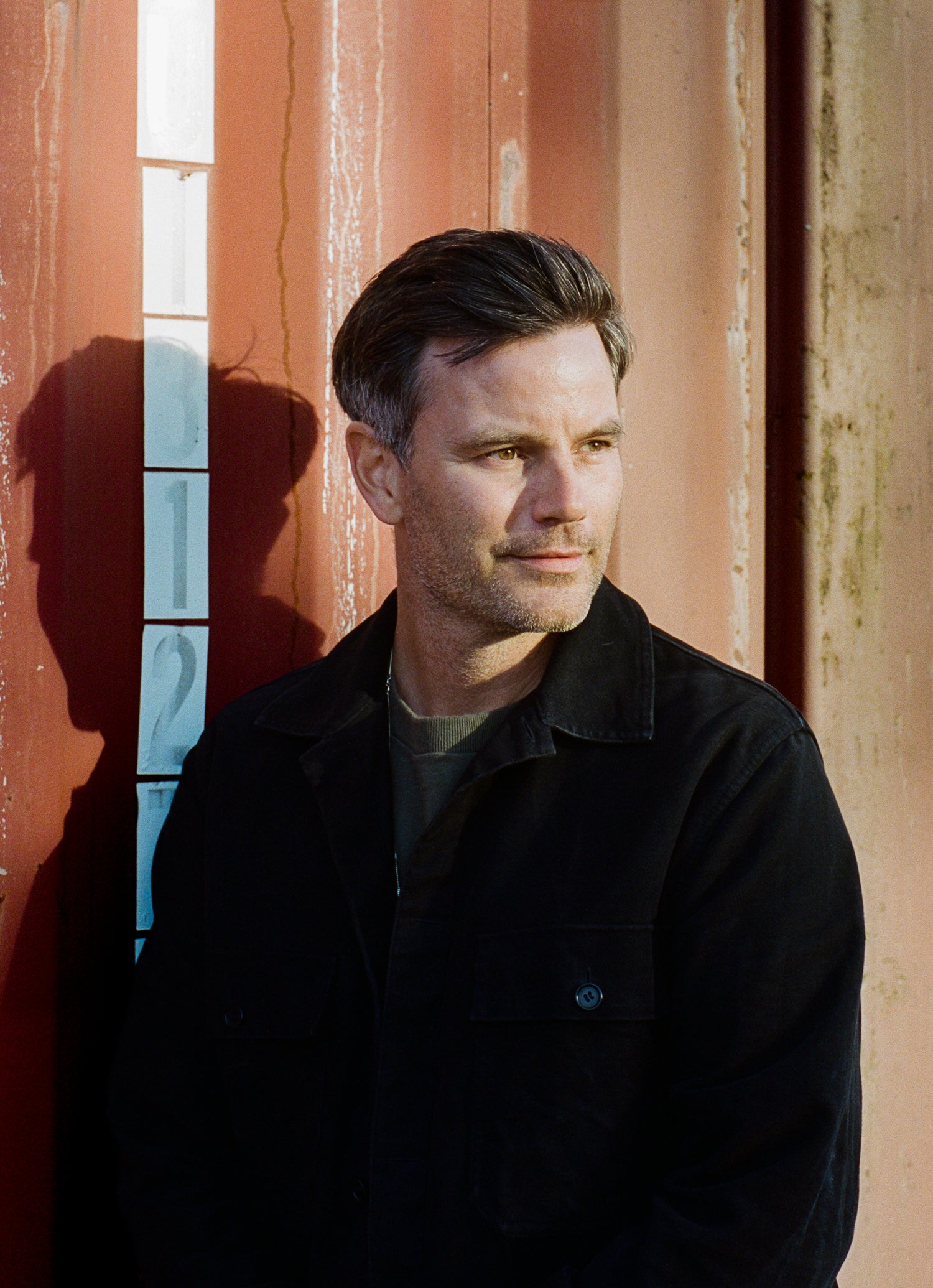
Morten Sørensen Founder of ISH
We have invited Morten to our brewery and sat down to learn what makes him tick and how does he sees the world around him.
WHERE DO YOU GET THE BEST FOOD IN CPH?
Copenhagen obviously has a great food scene and I have my personal favorites on all tiers. From a dirty shawarma at Kebabistan on Vesterbro to a fancy dinner at Mielcke & Hurtigkarl in Frederiksberg Have, not to talk about the usual Michelin-venues. Did I mention I love contrasts? The latest amazing food experience I had though was at Pauli in Sydhavnen. Tiny restaurant run by passionate people in a very unassuming part of town. They have set menus where you choose from Sea, Land and Green. Very inclusive and definitely a must try!
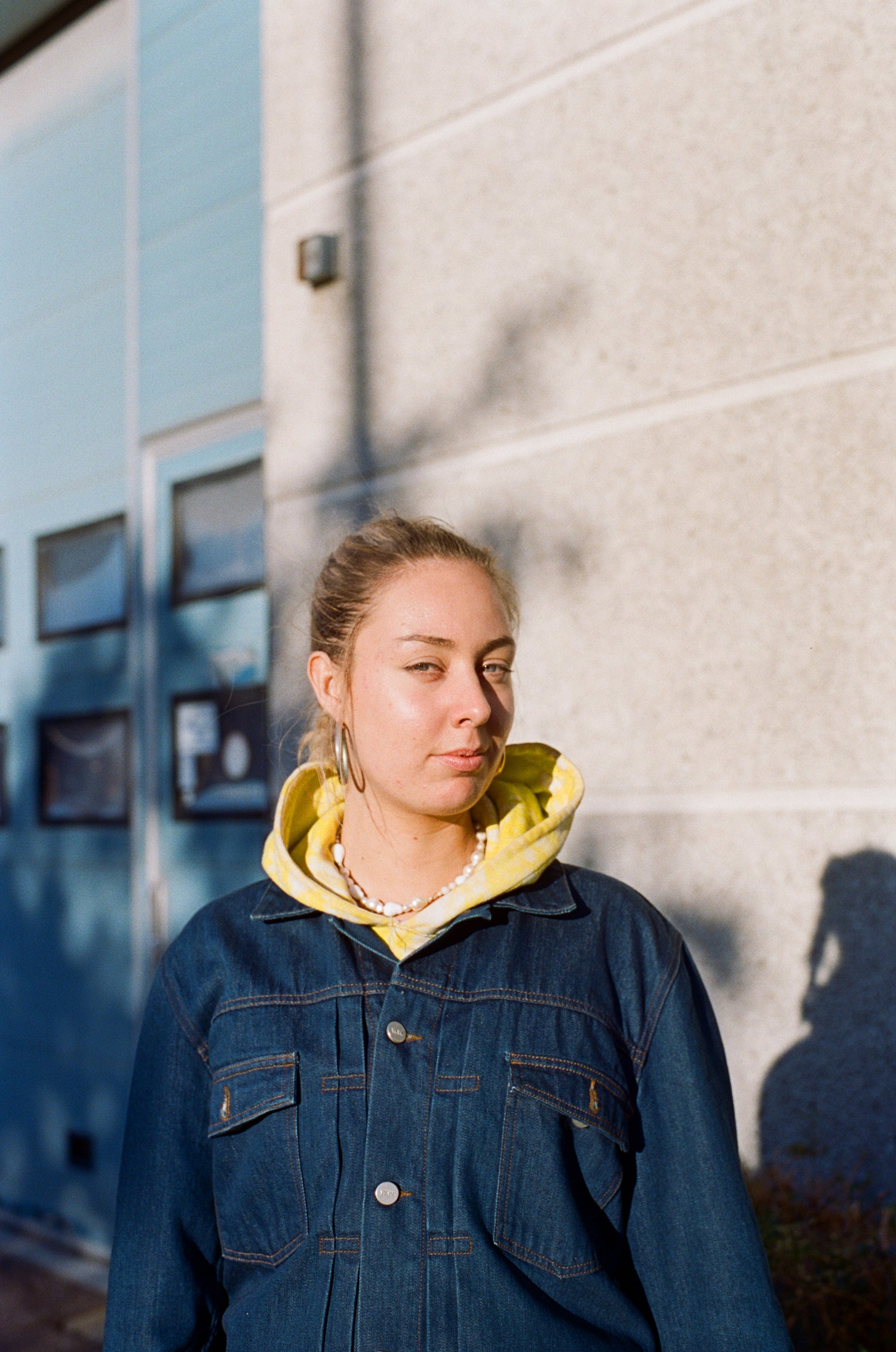
Mathilda Nansen Founder of RHODFLOWERS
Hvad ville dit drømmearrangement være at lave blomsterdekorationer til?
Allerede i år, har jeg opnået en hel masse mål og flere end jeg regnet med. Fortiden, er jeg vild med at lave blomster mere rå og cool, mere end fint og sødt. Og derfor drømmer jeg om at få lov at lave nogle store og anderledes opsætninger til musikvideoer, hvor blomster er mere uventet. (Kan være blomster indenfor rapindustrien). Derudover vil det være fedt at lave blomster, for andre blomsterfirmaer i udlandet som motivere mig, eller for inspirerede mennesker i Danmark som Søren Le Schmidt, Marie Mark, eller Tessa.

